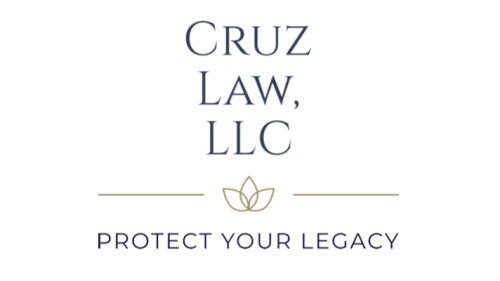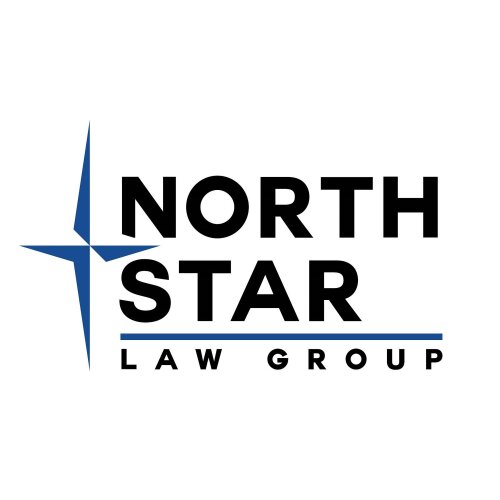Best Nursing Home Abuse Lawyers in Anchorage
Share your needs with us, get contacted by law firms.
Free. Takes 2 min.
List of the best lawyers in Anchorage, United States
About Nursing Home Abuse Law in Anchorage, United States
Nursing home abuse involves any mistreatment or harm to elderly residents residing in nursing homes or long-term care facilities in Anchorage, United States. This includes physical abuse, psychological abuse, neglect, financial exploitation, and sexual abuse. Anchorage has specific laws and regulations designed to protect nursing home residents and hold those responsible accountable.
Why You May Need a Lawyer
You may need a lawyer if you or your loved one has been a victim of nursing home abuse in Anchorage. Here are common situations where legal help becomes essential:
- If you suspect abuse but lack evidence or need assistance gathering evidence
- If the nursing home denies or fails to address your concerns
- If you want to file a complaint against a nursing home
- If you need guidance on pursuing a negligence or abuse lawsuit
- If you want to seek compensation for medical expenses, pain, and suffering
Local Laws Overview
Anchorage's laws regarding nursing home abuse aim to protect the rights and wellbeing of elderly residents. These laws include:
- Nursing Home Reform Act: This federal law sets minimum standards for nursing homes, requiring them to provide a safe and clean environment, adequate nutrition, medical care, and protection from abuse and neglect.
- Alaska Statutes on Elderly Protective Services: These statutes outline the state's regulations for reporting, investigating, and preventing abuse, neglect, and exploitation of vulnerable adults, including the elderly.
- Anchorage Municipal Code: This code includes provisions related to elderly rights, reporting abuse, and licensing requirements for nursing homes operating within the city.
Frequently Asked Questions
Q: How can I recognize signs of nursing home abuse?
A: Common signs of nursing home abuse may include unexplained bruises, burns, weight loss, sudden changes in behavior, social withdrawal, poor hygiene, and unexplained financial transactions.
Q: How can I report nursing home abuse?
A: To report suspected nursing home abuse in Anchorage, contact the Adult Protective Services within the Alaska Department of Health and Social Services or the Anchorage Police Department.
Q: Can I sue a nursing home for neglect or abuse?
A: Yes, you can file a lawsuit against a nursing home if you or your loved one has suffered neglect or abuse. Consult with a lawyer to understand your legal options.
Q: Is there a time limit for filing a lawsuit for nursing home abuse in Anchorage?
A: Yes, there is a time limit, known as the statute of limitations, for filing a lawsuit. It is important to consult with a lawyer promptly to ensure compliance with the deadline.
Q: How can a lawyer help in a nursing home abuse case?
A: A lawyer experienced in nursing home abuse cases can provide guidance, investigate your case, gather evidence, negotiate with insurance companies or the nursing home, and advocate for your rights in court if necessary.
Additional Resources
- Alaska Aging and Disability Resource Centers (ADRC): https://dhss.alaska.gov/dsds/Pages/ADRC/default.aspx
- Alaska Long-Term Care Ombudsman Program: https://dhss.alaska.gov/dsds/Pages/ombudsman/default.aspx
- Alaska Department of Law: http://www.law.alaska.gov/
- Anchorage Bar Association Lawyer Referral Service: http://www.alaskabar.org/servlet/content/lawyer_referral.html
Next Steps
If you or your loved one requires legal assistance regarding nursing home abuse in Anchorage, it is advisable to seek help from an experienced attorney specializing in this area. They can evaluate your case, provide legal advice, and assist you in protecting your rights and pursuing any legal action.
Lawzana helps you find the best lawyers and law firms in Anchorage through a curated and pre-screened list of qualified legal professionals. Our platform offers rankings and detailed profiles of attorneys and law firms, allowing you to compare based on practice areas, including Nursing Home Abuse, experience, and client feedback.
Each profile includes a description of the firm's areas of practice, client reviews, team members and partners, year of establishment, spoken languages, office locations, contact information, social media presence, and any published articles or resources. Most firms on our platform speak English and are experienced in both local and international legal matters.
Get a quote from top-rated law firms in Anchorage, United States — quickly, securely, and without unnecessary hassle.
Disclaimer:
The information provided on this page is for general informational purposes only and does not constitute legal advice. While we strive to ensure the accuracy and relevance of the content, legal information may change over time, and interpretations of the law can vary. You should always consult with a qualified legal professional for advice specific to your situation.
We disclaim all liability for actions taken or not taken based on the content of this page. If you believe any information is incorrect or outdated, please contact us, and we will review and update it where appropriate.













